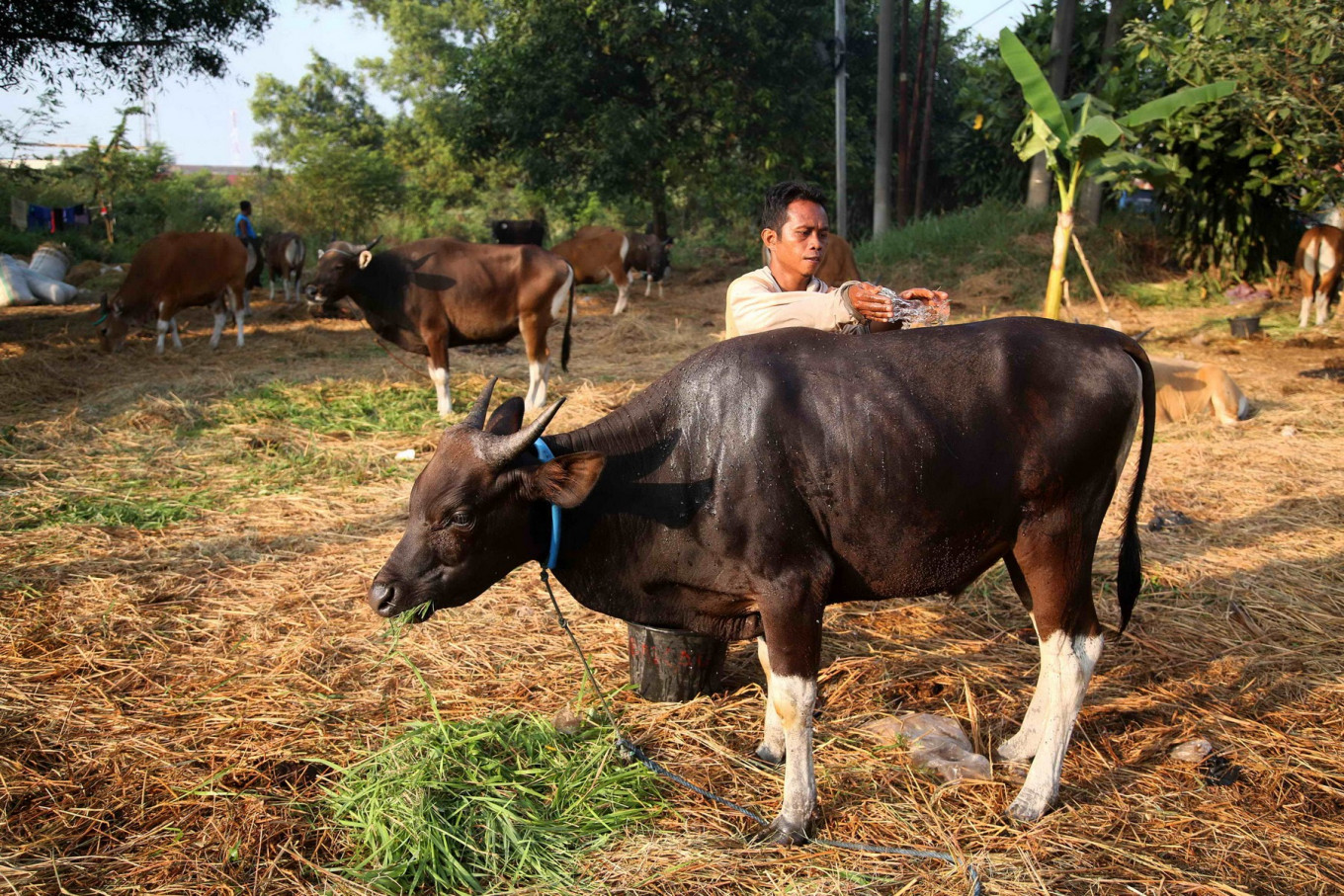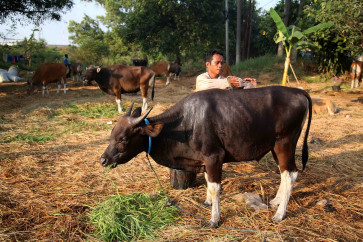Popular Reads
Top Results
Can't find what you're looking for?
View all search resultsPopular Reads
Top Results
Can't find what you're looking for?
View all search resultsSpread the word, not the germs
The spread of antimicrobial resistance has been accelerated by the inappropriate use of antimicrobials in humans, animals and plants, including in agriculture and livestock.
Change text size
Gift Premium Articles
to Anyone
T
he COVID-19 pandemic has shown the devastating impacts of hard-to-treat infections and the ease within which infections can spread and threaten global health security. There is another global health issue called antimicrobial resistance (AMR) that scientists often refer to as the ‘silent pandemic’ that affects human and animal health.
AMR occurs when bacteria, viruses, fungi and parasites no longer respond to medicines effectively or to stop an antimicrobial from working, endangering the efficacy of antimicrobials.
Around 700,000 human deaths each year are related to AMR. Without action, by 2050, the global economy may lose more than US$6 trillion annually because of AMR – nearly 4 percent of global gross domestic product (GDP). In just 10 years, 24 million more people may be forced into extreme poverty due to AMR – many in low-income countries – thereby increasing the number of people hungry or suffering from malnutrition.
This concerning situation has prompted countries to hold World Antimicrobial Awareness Week (WAAW) from Nov. 18 to 24 each year. Since 2007, campaigns have been conducted globally, nationally and locally to wake up the world to the emergency of the situation. In Indonesia this year, various activities have been conducted by different ministries, professional groups, academics, private sector players and civil society groups, such as through student debate competition, social media campaigning and numerous forums targeting food producers, health workers and general members of the public.
The spread of AMR has been accelerated by the inappropriate use of antimicrobials in humans, animals and plants, including in agriculture and livestock. It is also intensified by inadequate sanitation, hygiene, biosecurity and infection prevention and control (IPC) measures in health care settings, communities and farming and food production systems. AMR also exposes unequal access to affordable and quality-assured antimicrobials, vaccines and diagnostics.
Addressing AMR is integral to achieving the Sustainable Development Goals (SDGs), especially SDG 3: good health and well-being. However, progress in other goals will also contribute to addressing AMR, such as improved access to clean water and sanitation and sustainable consumption and production. The latter includes sustainable food production and the appropriate use of antimicrobials along the agrifood system, especially livestock.
It is therefore important to highlight that although AMR is mainly a health issue, it requires concerted action to be tackled effectively. Moreover, this concerted action should be taken by multi-sectoral parties across the human health, animal health, plant production, food safety and environmental sectors. It will also be vital to engage other sectors, such as the food and pharmaceutical industries. These cross-sectoral actions should be taken immediately, given the speed of rising levels of AMR, which otherwise will be more difficult to control.



















